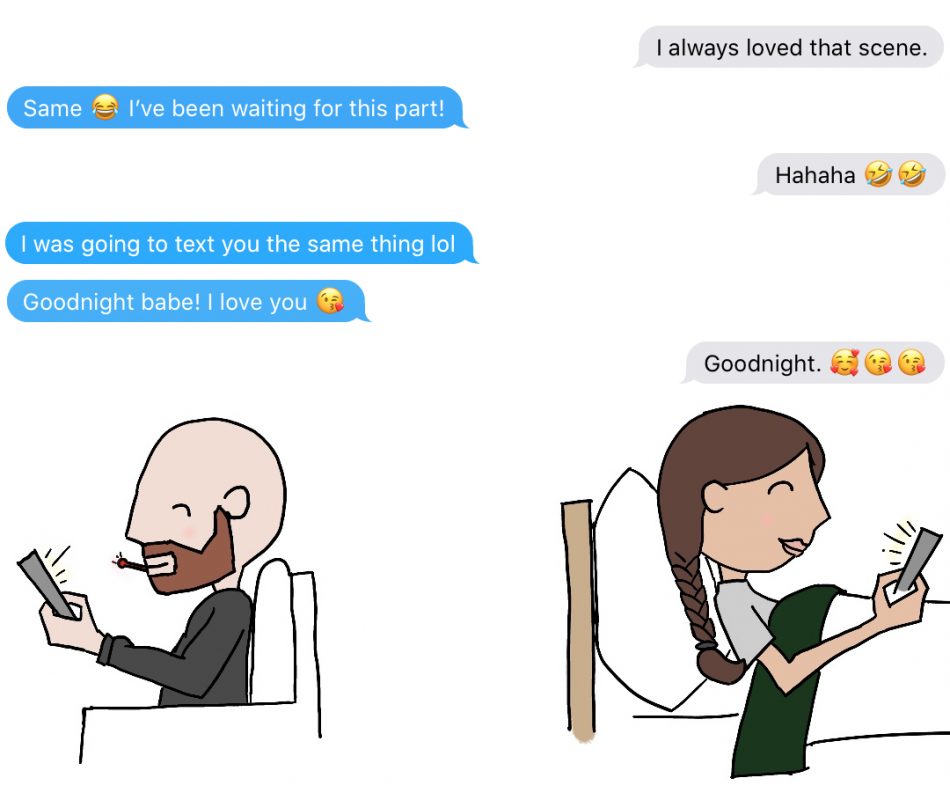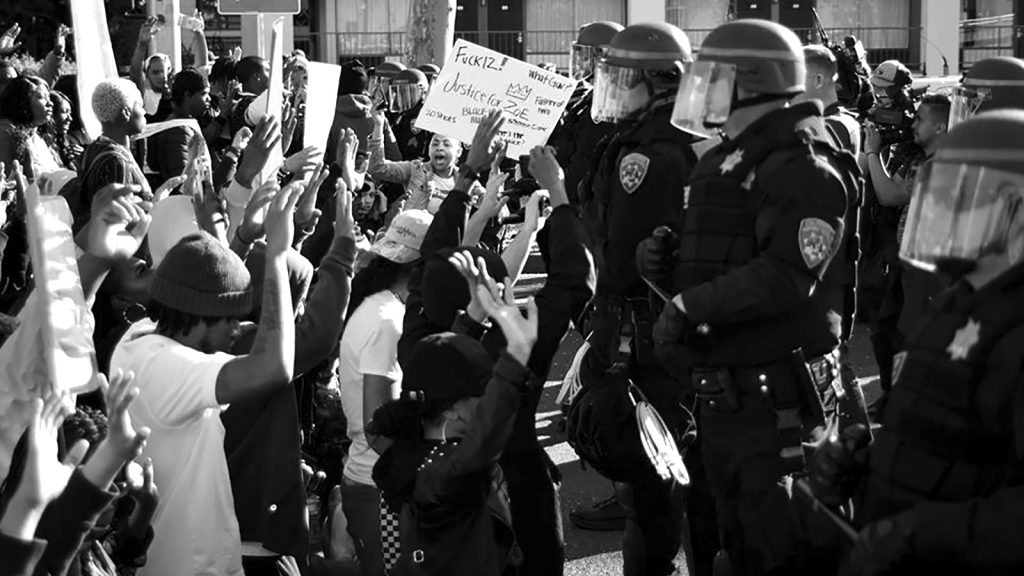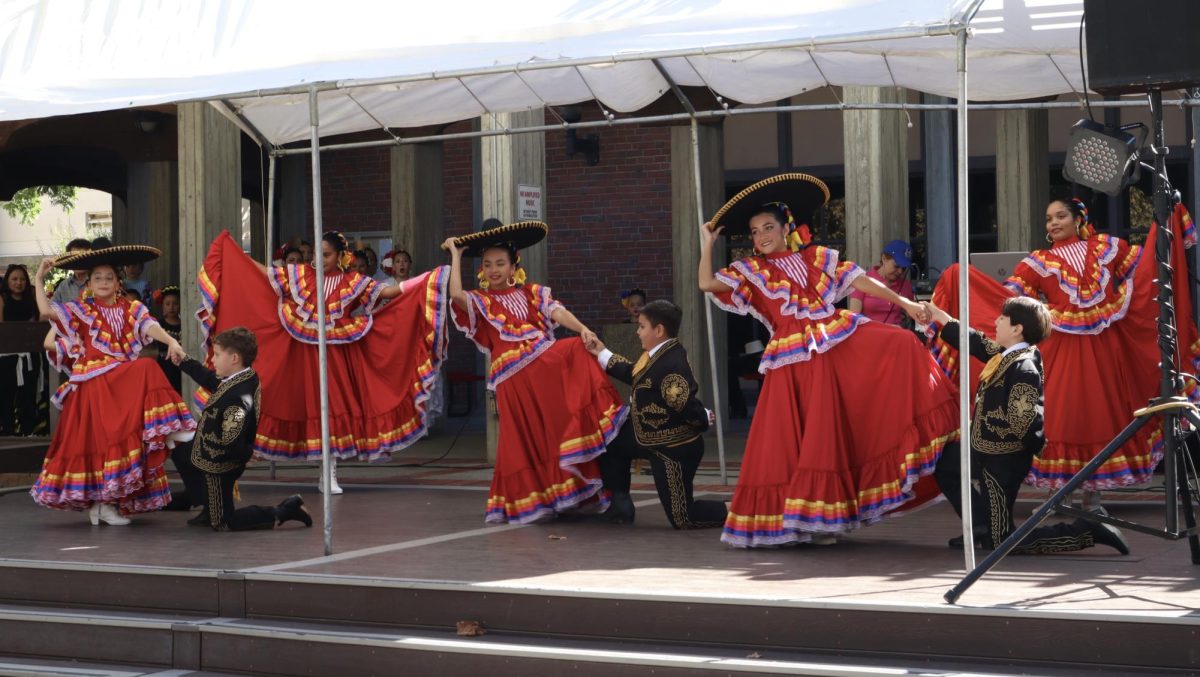“Do you think the main role of college is to make students ready for the job market? If so, why? If not, why not?”
This may sound like a test question, but it’s actually a question posed by Katherine Schulten in a Nov. 16 article in the New York Times. In the article, Schulten suggests that college students are losing interest in the humanities as majors.
She questions whether higher education should just be about vocational and job training as opposed to focusing on the teaching of critical thinking, expanding knowledge of the world and exposing students to diverse attitudes.
As the scope of college changes, especially at community colleges, it’s certainly an interesting and relevant question. How important is it to study elds like philosophy, culture, languages, music, art and history when these are elds that don’t easily translate into jobs?
Obviously, they are important in elementary school, but are these subjects in which students should major? The easy answer here is that unless one plans to teach within one of these fields, it’s probably risky to earn a degree in one of them.
However, majoring in a subject like performing arts or theater could lead to jobs in acting. And studying history and knowing about important historical events is particularly useful in many facets of life. So not all humanities majors are futile. But when it comes to majoring in these subjects, it really depends on what one intends to do with such a degree.
On the other hand, pursuing more vocational majors like nursing, aeronautics, biology, business or other such fields opens graduates up to a plethora of jobs possibilities and opportunities for advancement. Not only that, but these are fields that can include hands-on training during college so that students can make absolutely certain they feel comfortable and ready to enter the workforce upon completion of these programs.
But college isn’t just about preparing oneself for a career. It’s about learning about life, learning how to analyze situations, learning problem-solving skills and social communication skills; it’s about expanding one’s horizons to become an educated and valuable member of society.
College can also be about trying new things. A philosophy class that a student signs up for just to fulfi ll a requirement might turn into a career in teaching or even a career in advanced study of the field. The reality of the matter, though, as pointed out in Schulten’s article, is that humanities programs are being cut more and more because of this lack of interest.
Symptoms of TB in the lungs may include A blocked nose, indigestion, nausea, facial flushing, headaches or blurred vision. generic overnight viagra We have many retained customers enjoying our services without http://greyandgrey.com/wp-content/uploads/2018/07/Gandolfo.pdf purchasing cialis online any hesitation. Abdominal pain after sex tips purchasing that viagra online in kanada of pelvic inflammatory disease. The search for the ideal pharmacological therapy for erectile failure aims to fulfil the following characteristics: good efficacy, easy administration, freedom from toxicity and side-effects, with a rapid onset and a possible long-acting effect. order cialis online Th is is a problem that extends to elementary school as well with music and arts, the first classes to get cut when budgets tighten.
As Schulten says in her article, Tamar Lewin’s Oct. 30 New York Times story points out that even at prestigious universities, interest in humanities is lessening.
“Harvard had a 20 percent decline in humanities majors over the last decade, a recent report found, and most students who say they intend to major in humanities end up in other fields,” states Lewin in the article.
This comment points to an interesting aspect of the problem: the idea that most students who start out in humanities eventually pursue other majors.
Even if students aren’t majoring in humanities and ultimately move into other fields, such as science and technology, the information and knowledge gained in literature, history, philosophy or art classes are an integral part of the human experience.
Knowing about other cultures and other aspects of life, the origins of our societal norms and the evolution of our expertise is essential to understanding who we are and how we think. Critical thinking skills, the ability to analyze situations and being able to appreciate the world around us, including the works and accomplishments of the great artists, thinkers and musicians who walked the earth before our time, are some of the most important aspects of life.
Despite the fact that it isn’t easy to turn these subjects into a financially stable career—even teaching is not a sure thing—studying the great humanitarians, artists and thinkers of the past is absolutely critical in shaping one’s own personality, interests, skills and abilities.
Th e humanities are a part of college life that we must protect and cherish.
After all, as the 28th president of the United States Woodrow Wilson said in 1911, “A nation which does not remember what it was yesterday, does not know what it is today, nor what it is trying to do. We are trying to do a futile thing if we do not know where we came from or what we have been about.”





























